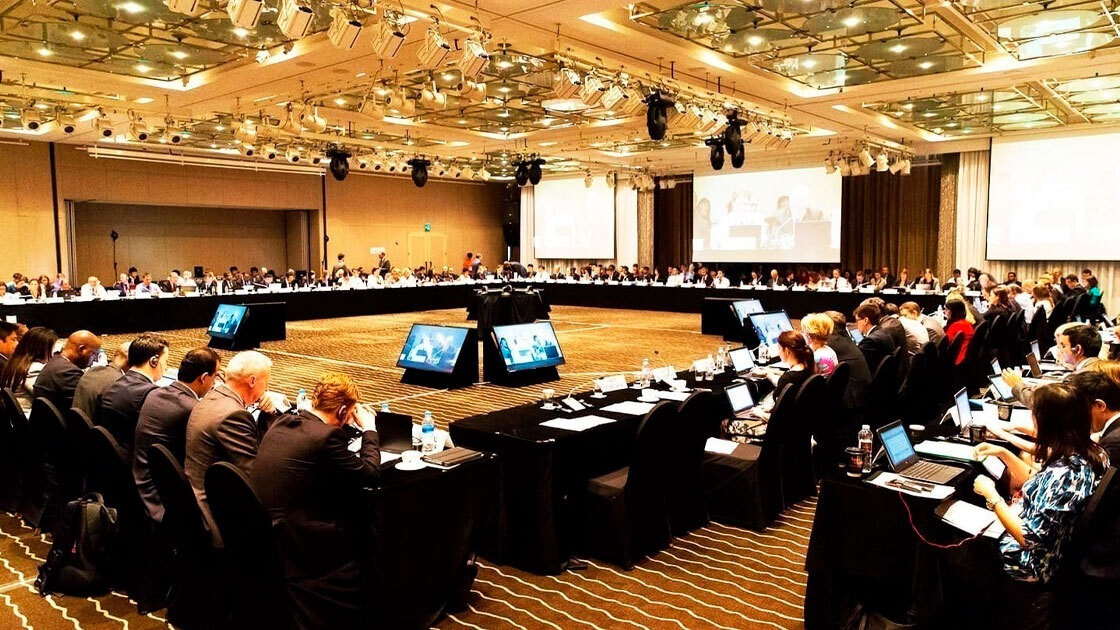Most of the countries overseen by the Financial Action Task Force on Money Laundering (FATF) have not performed obligations for crypto companies. That is stated in the notification following the results of the plenary meeting of the organization.
FATF standards are currently supported by 58 out of 128 jurisdictions. Virtual Asset Service Providers (VASPs) are regulated by 52 countries and banned by six.
The FATF urged countries to “implement the revised standards as soon as possible.”
The organization also drew attention to the role of cryptocurrencies in ransomware attacks. The regulator plans to develop measures to reduce the risks of using virtual assets in illegal activities.
Trending: Iran plans to start testing its token in the near future
In March, the Group proposed amendments to the guidelines for the cryptocurrency industry. In particular, the experts clarified the formulations of decentralized exchanges and mechanisms that ensure the operation of platforms and applications. Due to a large number of reviews, the FATF postponed the final approval of the document to October.
In June 2019, the regulator decided to oblige bitcoin exchanges and other VASPs to comply with anti-money laundering and terrorist financing rules, similar to traditional financial companies.
Later, FATF President Markus Player announced the need to adjust the guidelines for the crypto industry, since many countries did not fully implement previously adopted standards.
Trending: More than 50 countries have introduced restrictions for cryptocurrencies
In October 2020, a consortium of leading US cryptocurrency companies presented a plan for its participants to comply with the FATF requirements.






